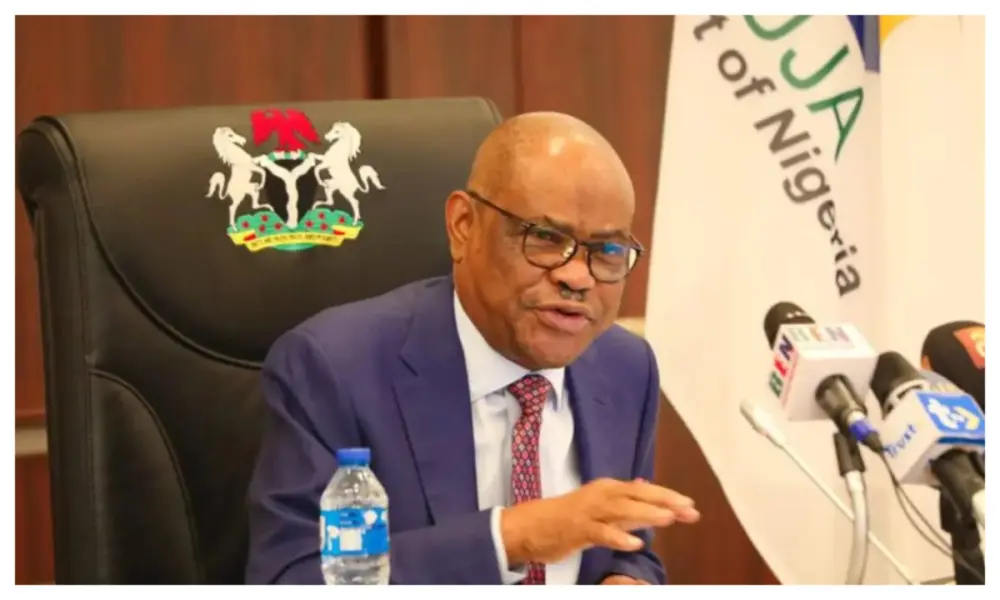The United States government has announced a new travel ban targeting several countries, with Sudan among those whose citizens will be fully barred from entering the U.S. The updated restrictions, set to take effect on June 9, 2025 at 12:01 a.m. EDT (5:01 a.m. Nigerian time), mark a renewed effort by President Donald Trump to tighten U.S. immigration policies.
In a presidential proclamation issued Wednesday, the U.S. listed Afghanistan, Myanmar, Iran, Haiti, and Yemen alongside Sudan as countries whose nationals will face complete entry bans. Citizens from Burundi, Cuba, Laos, Sierra Leone, Togo, Turkmenistan, and Venezuela will be subject to partial restrictions.
President Trump defended the move as necessary for national security, stating, “We will not allow people to enter our country who wish to do us harm.” In a video message posted on X (formerly Twitter), Trump said the decision was driven by concerns over terrorism and the failure of certain countries to meet U.S. standards for identity verification, visa security, and criminal record-keeping.
The administration claims the most severely affected nations either harbor a “large-scale presence of terrorists” or have high rates of visa overstays and inadequate vetting systems. “We cannot have open migration from any country where we cannot safely and reliably vet and screen those who seek to enter the United States,” Trump emphasized.
The directive forms part of a broader immigration crackdown launched at the beginning of Trump’s second term in office. In January, he signed an executive order mandating stricter security vetting for all foreign nationals seeking U.S. entry. That order also tasked federal agencies with identifying countries whose citizens should be subject to travel bans due to insufficient cooperation with U.S. security standards.
During his first term, Trump implemented a similar travel ban on several Muslim-majority countries, a move that sparked global controversy but was eventually upheld by the Supreme Court in 2018. President Joe Biden later reversed that policy in 2021, calling it “a stain on our national conscience.”
Trump, however, signaled that the current list may be updated in the future, adding that more countries could be added if deemed to pose a threat to U.S. national security.



